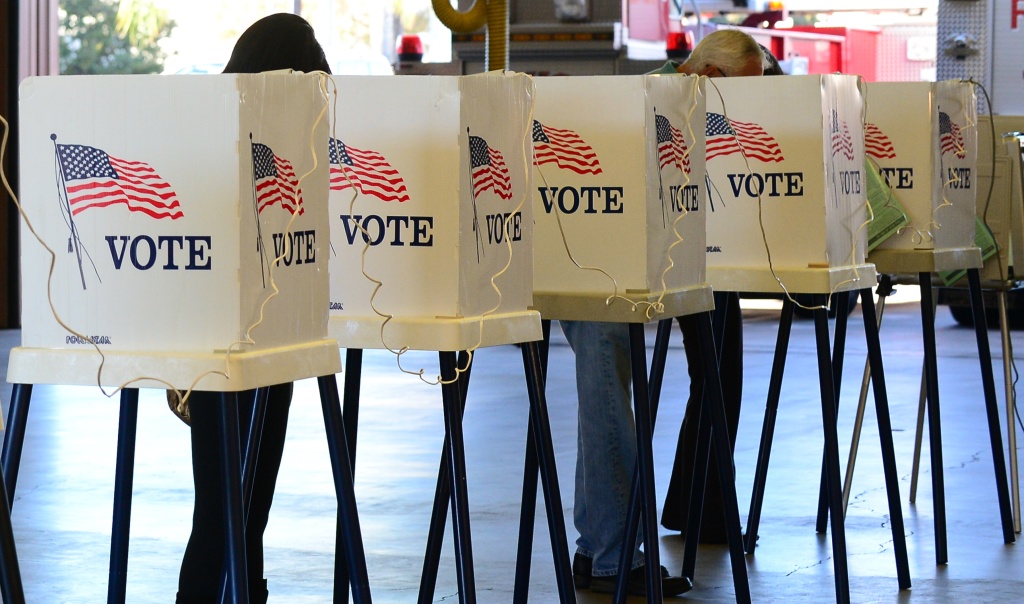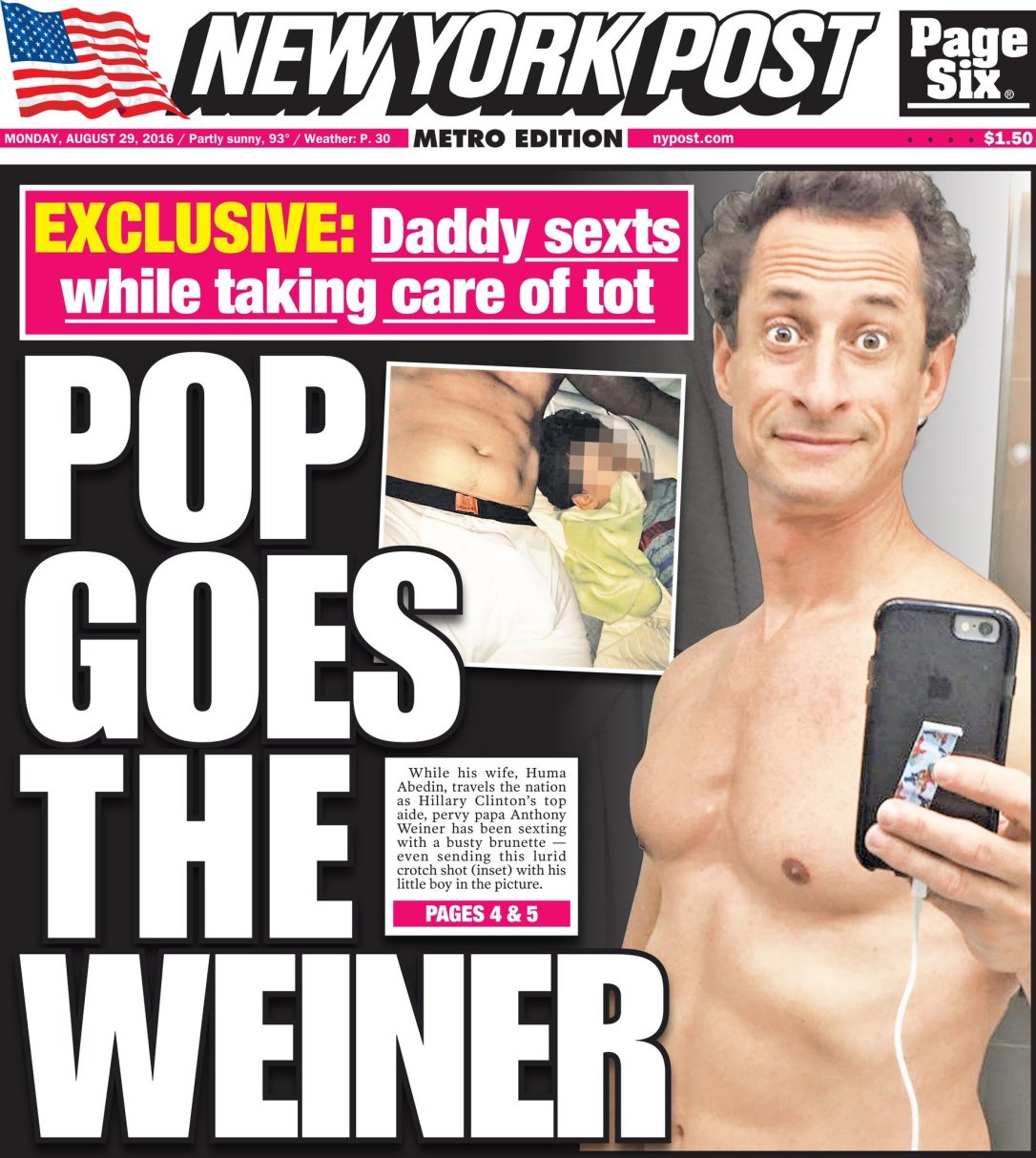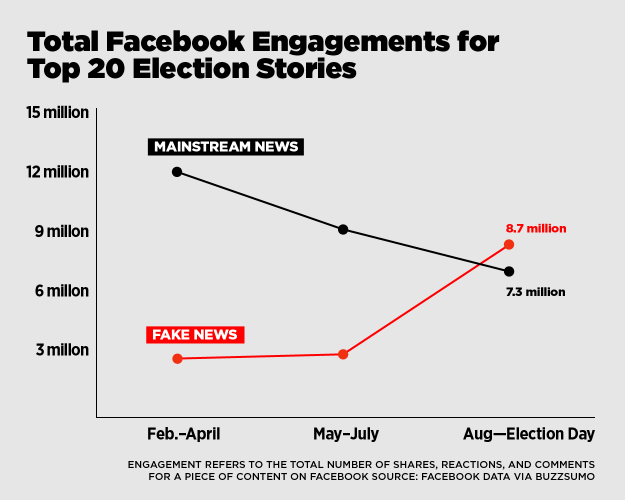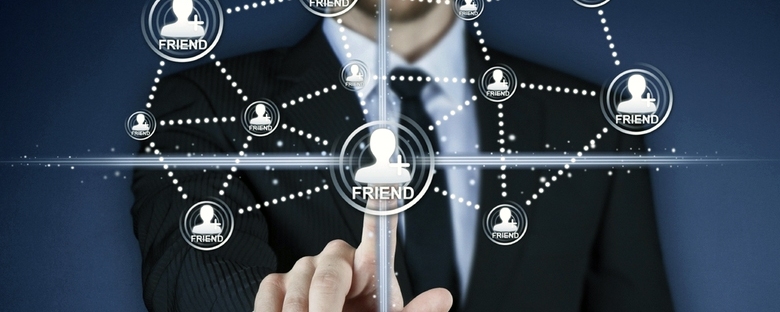By: Jennifer Rodriguez
Social Media Expansion
Social media has taken over the world. From Twitter and Facebook to Instagram and Snapchat, the idea self-expression via online platform has exploded. Politics and social media have intersected seriously, and are the effects have been flabbergasting. There are clear, undeniable advantages to political campaigning on social media, however,
this “transparent” outlet can also allow for drastic controversies. In addition to the pro’s and con’s, I eagerly present ethical implications and the shift of power between politicians and the general public, a tug of war that wavers back and forth over the line of control.
Millennials Get Involved

Millennials are getting in on the action more than ever with the movement of participatory politics. An article from Forbes magazine breaks the ways that The Millennial Impact Project, a new study conducted by Achieve research agency, investigates how millennials became more involved with this year’s past election via social media. The study shows that millennials embrace interacting in the online political realm because they can participate in political discussions and engage in real-time conversations. “Participatory politics, a new political movement that encourages individual engagement and participation in ongoing debates and discussions, takes place predominantly in the social realm,” (Fromm, 2017).
This involvement elevates politics to a new level, incorporating a participatory movement that is has gotten more millennials voicing their opinions. Millennials are the generation that speaks their minds more openly and publically than ever before, and online politics have given the spotlight to anyone that wants to engage. Individuals now have their chance to protest, support, and bring awareness, too many political agendas. The public now has more power than ever before to make a change, but does this outweigh the power of the politicians?
Politicians Exploit Online Campaign Practices
Politicians are capitalizing on this direct relationship to voters, using social media platforms to account for many agendas such as free advertising and fundraising, and use of feedback by weighing the public’s opinion on specific issues through online polls. This can aid politicians in getting a more realistic idea of where voter ideals are aligned. It also gives power to the public to respond with their ideas in real time. Individuals can interact with others online that share or negate their opinions, as well as converse with the politicians they support or oppose. Politicians make use of the demographic information provided by social media to customize their messages based on selected demographics.
More recently they have used YouTube to post campaign advertisements for free. These ads then get picked up by journalists and are further disseminated into the media, free of charge. This open line of communication heightens their power of influence on both sides. The ease of allowing politicians to connect with the public can also have dire consequences, “Direct access to voters also has its downsides. Handlers and public-relations professionals often manage a candidate’s image, and for a good reason: Allowing a politician to send out unfiltered tweets or Facebook posts has landed many a candidate in hot water or embarrassing situations,” (Murse, 2017).
Weinergate Scandal

The ease with which politicians may communicate with their followers can result in a national scandal when ethics are not considered. “Weiner has been an avid tweeter: he posts to the social networking service multiple times a day, writes from his BlackBerry, makes generous use of hashtags to add color to his tweets, and frequently engages his followers in one-on-one conversations…the R-rated revelation from Rep. Anthony Weiner that may wreck his marriage, ruin his career and destroy his reputation appears to be the result of a one-letter typo: “@” instead of “D.”, (Bosker, 2016).
Anthony Weiner was charged with a twenty-one-month jail sentence for sending an inappropriate photo of himself to an underaged girl on Twitter. Instead of sending a direct message, he tagged the girl in a public tweet. This proves more than ever that one moment of unethical indecency combined with Twitter fingers can result in catastrophe. However, this also prompts the idea of transparency. On his Twitter page, (which has since been deleted) Weiner was a professional and successful politician, but in reality, he is an old man with perverted desires.
Ethical Repercussions
Due to a lack of ethics, Anthony Weiner has lost most of the essential things in his life. Sadly, he is not the only politician to have been caught in shameful online dealings, and he won’t be the last. “Especially since 2001, businesspersons, politicians, scholars and citizens alike have called for greater responsibility…certainly, recent US scandals have intensified media attention on irresponsible actions and have placed the decision making the integrity of America’s leaders on the national agenda,” (May 2009). Ethics are even more critical the online world because disgraceful acts can easily be shared and broadcasted for the world as a whole to see.
This allocates more power to the people and allows us to keep leaders more accountable for their actions. It also exemplifies Kahai’s point that leaders in the digital realm need to adapt to a Web 2.0 world to flourish. “Future leaders will have to rely more on technology. Effective leaders will need to figure out both the opportunities and perils of electronic communication and take steps to maximize the benefits and minimize the downsides in a Web 2.0 world,” (Kahai, 2010). On the one hand, Weiner did maximize the benefits of online campaigning by interacting religiously with the public via Twitter. However, he did not maintain an ethical standard and got caught with his pants down.
Election Mayhem

In a 2017 article from the Journal of Economic Perspectives, researchers investigate how social media played a manipulative role the most recent election. The article describes how the majority of American adults (62%), (Allcott & Gentzkow, 2017) have access to social media, and Facebook provided an unprecedented amount of fake news stories during the prior election. The majority of these false stories are believed by the public, depending on a breakdown of age, education, and media consumption. Fake news has generated shockwaves throughout social media and the public alike. “An individual user with no track record or reputation can in some cases reach as many readers as Fox News, CNN, or the New York Times,” (Allcott & Gentzkow, 2017). The notion that anyone can post political stories on social media that are 100% false is a game-changer and needs to be a red flag for anyone taking stories on Facebook at face value. The majority of these stories are shared by political groups attempting to push a specific agenda, and phony news stories played a substantial role in electing Donald Trump as President. This illustrates a deceitful shift of power — people are fooled daily by fake accounts planted by political interests.
Educated Conclusions
To conclude, keep your eyes wide open! Not everything online is what it seems, and as millennials, we need to be questionable and thorough when digesting information from social media. Political leadership has changed dramatically with the help of Facebook and Twitter by handing over a lot of power to the public. Social media can help to keep you more informed and more included in the political process, but can also present difficulties that supersede the pre-social media era. Remembering that ethics plays a dominant role in effective online leadership is vital. Not everything you read online is real, and from fake news to fake intentions, social media can be a tricky place to find valid information.
References
Allcott, H. & Gentzkow, M. (2017). Social Media and Fake News in the 2016 Election. Journal of Economic Perspectives, 31(2), 211-236.
Bosker, Bianca. (2016, August 7). The Twitter Typo That Exposed Anthony Weiner. [Photograph] Retrieved from https://www.huffingtonpost.com/2011/06/07/anthony-weiner-twitter-dm_n_872590.html (Pop Press)
Debecev, Nicole. (2012, September 9). Politics 2012: Millennials savvy voting bloc searching for solutions. [Photograph] Retrieved from https://www.upi.com/Politics-2012-Millennials-savvy-voting-bloc-searching-for-solutions/11701347177960/
Fromm, J. (2016, June 22). New Study Finds Social Media Shapes Millennial Political Involvement And Engagement. Retrieved November 03, 2017, from https://www.forbes.com/sites/jefffromm/2016/06/22/new-study-finds-social-media-shapes-millennial-political-involvement-and-engagement/#11bc7e442618 (Professional)
Kahai, Surinder. (2010, May 11). Yes, Leadership Changes in a Web 2.0 World. Retreived from http://www.leadingvirtually.com/yes-leadership-changes-in-a-web-20-world/ (Professional)
Lee, Timothy, B. (2016 November, 26). Total Facebook Engagements for Top 20 Facebook Stories. [Photograph] Retrieved from https://www.vox.com/new-money/2016/11/16/13659840/facebook-fake-news-chart
May, Steve. (2009). Transforming the Ethical Culture of Organizations. Friedland, Julian, Doing Well and Good: The Human Face of New Capitalism (pp. 87-111). Charlotte, NC: Information Age Publishing. (Academic)
Murse, Tom. (2017, August 17). How Social Media Has Changed Politics: 10 Way Twitter and Facebook Have Altered Campaigns. Retreived from https://www.thoughtco.com/how-social-media-has-changed-politics-3367534 (Pop Press)
Weiner, A. (2016) Pop Goes The Weiner. [Photograph] Retrieved from https://nypost.com/2016/08/28/anthony-weiner-sexted-busty-brunette-while-his-son-was-in-bed-with-him/https://nypost.com/2016/08/28/anthony-weiner-sexted-busty-brunette-while-his-son-was-in-bed-with-him/

